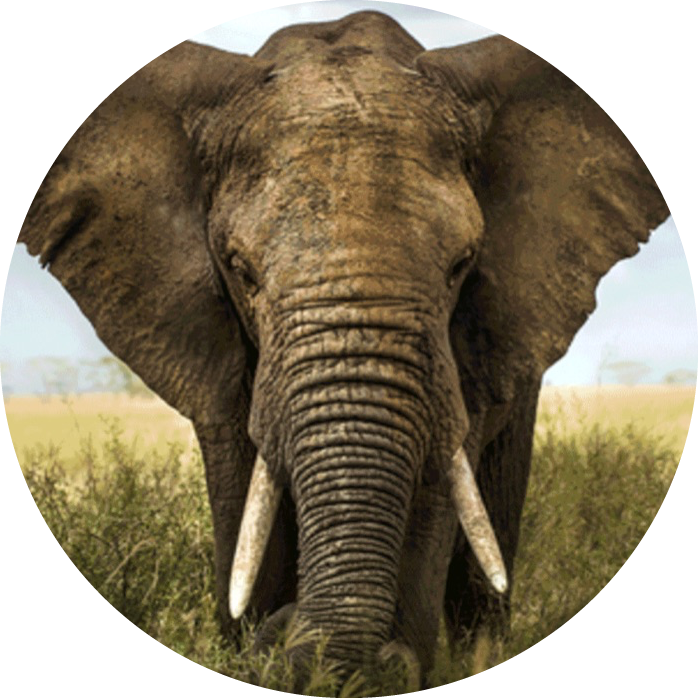Research
CURRENT RESEARCH
WILDLIFE CONSERVATION

First large-scale applications of
machine learning and game theory
for wildlife conservation
Based on our green security game model and algorithms, which combine machine learning with security games, we are the first to apply AI models for global anti-poaching project. Predicting snare locations using machine learning enables rangers to remove them more effectively. Conducted over several years in cooperation with NGOs, this work has had substantial real-world impact resulting in removing hundreds of snares set to trap endangered animals, in Uganda and Cambodia. This work also led to a 5-fold increase in snare removals in Cambodia. The SMART partnership – a collaboration of major conservation agencies including WCS and WWF -- has begun deploying our algorithms in 800 wildlife parks internationally, bringing AI to the fight to save the lives of endangered animals all around the globe.
AI FOR PUBLIC HEALTH

Pioneering research for first large scale
applications of social network
algorithms for public health
We pioneered practical applications of algorithms on social networks for positive social interventions in low-resource communities. We conducted a large-scale field study to spread information about HIV prevention among youth experiencing homelessness (YEH), a population that has 10 times the rates of HIV than the housed population. Empirical results with 750 YEH in in Los Angeles demonstrated that our AI-guided interventions were far more effective than traditional methods in spreading HIV prevention information.
Read more about our AI for Social Work, Public Health, and Medical Decision Making Projects, including our efforts to Combat COVID-19.
AI AND GAME THEORY FOR PUBLIC SAFETY & SECURITY

Pioneering and foundational
research in security games
for public safety
We provided the first ever applications of computational game theory for operational security, starting with deployment of game theoretic algorithms for security (e.g., counter terrorism) at LAX airport in 2007. This is one of the largest and busiest airports in the United States that serves 80 Million passengers. This research was followed by pioneering deployments of security games used by major security agencies for the allocation of limited security resources, including the US Coast Guard, the US Federal Air Marshals and others. This research mentioned in testimonies given in US congressional subcommittee hearings on three separate occasions – by officials of the LAX police, the Federal Air Marshals Service, and the US Coast Guard -- as having led to improvements due to AI/game theory for public safety (in 2008, 2012 and 2013).
The key challenge is to optimize the limited security resources for public safety. Our key insight was to model the problem as a security game, and provide models and efficient algorithms for obtaining such optimal security allocation policies. As a result of this work, we have been awarded the US Coast Guard Meritorious Team Commendation from the Commandant of the Coast Guard (2013), Certificate of Appreciation from the US Federal Air Marshals Service (2011) and special commendation given by the Los Angeles World Airports police from the city of Los Angeles (2009).
Read more about our AI for Security Projects.




